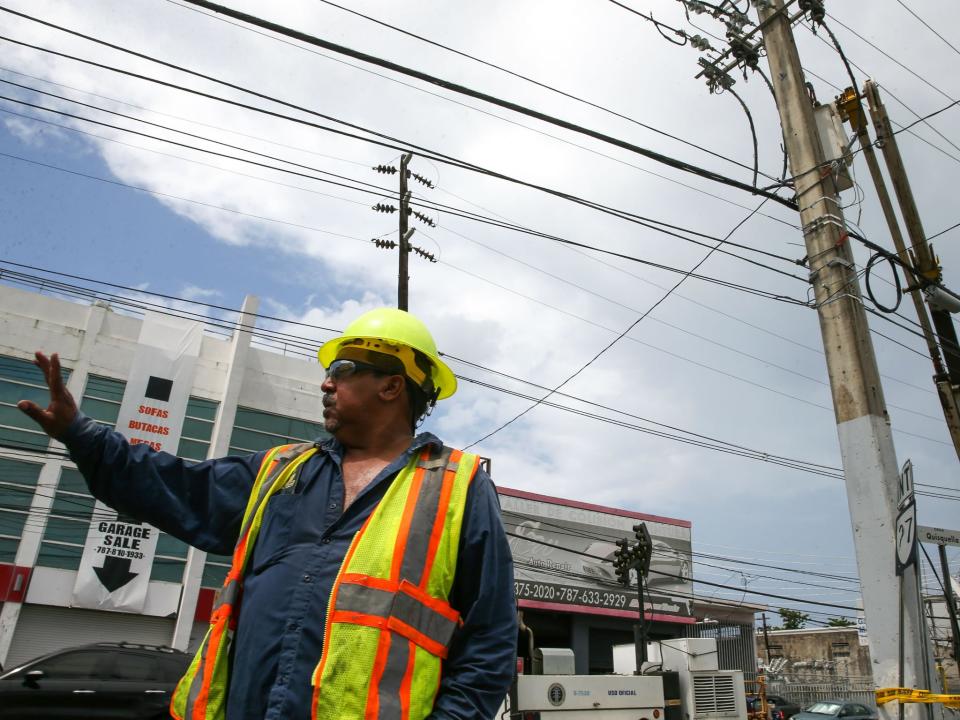Stress, additives and electromagnetism top list of 'mythical' cancer causes, study finds

Significant numbers of people are worrying themselves unnecessarily about “mythical” causes of cancer such as power lines, artificial sweeteners and drinking from plastic bottles, a study has found.
The biggest misplaced fear was stress which – fortunately – does not cause cancer but was identified as a factor by 40 per cent of people, closely followed by food additives and electromagnetism.
Researchers said it was concerning that real risk factors, such as sun burn, drinking alcohol and eating red meat, were still not known about.
The easy access to misinformation online and through social media was one of the factors which the team from University College London (UCL) and the University of Leeds said was driving unfounded fears.
For a study, published in the European Journal of Cancer, 1,330 people in England were questioned about real or “mythical” cancer causes and asked to say how much they agreed or disagreed that it could cause cancer.
It found genetically modified foods, artificial sweeteners and living near power lines and electromagnetic frequencies were concerns for around a third of people.
Mobile phones were a concern for one in four people and drinking from a plastic bottle was seen as a risk for around 15 per cent of respondents – but there is no robust evidence to support any of these concerns.
Meanwhile the scientific literature is very clear that alcohol and a lack of exercise are serious risk factors, but these were picked less than stress or electromagnetism, repectively.
Meanwhile 14 per cent of people still did not agree that smoking was a cause of cancer, even though it is the single biggest preventable cause.
“Obesity was also poorly recognised, which is concerning considering it is the second leading preventable cause of cancer,” the authors wrote.
Dr Samuel Smith, from the University of Leeds, said: “It’s worrying to see so many people endorse risk factors for which there is no convincing evidence.
“Compared to past research it appears the number of people believing in unproven causes of cancer has increased since the start of the century which could be a result of changes to how we access news and information through the internet and social media.
“It’s vital to improve public education about the causes of cancer if we want to help people make informed decisions about their lives and ensure they aren’t worrying unnecessarily.”
Cause for concern?
The top mythical risk factors which respondents agreed could cause cancer
Electromagnetic frequencies - 34.7 per cent
Food additives – 41.1per cent
Stress – 41.7 per cent
Artificial sweeteners – 31.3 per cent
GM food – 34.1 per cent
The least recognised real risk factors
Doing less than 30 minutes of moderate physical activity five times per week – 35.1 per cent
Infection with HPV – 28.9 per cent
Eating red/processed meat – 37.5 per cent
Not eating five portions of fruit/veg – 28.3 per cent
Drinking more than one unit of alcohol – 40.6 per cent
UCL’s Dr Lion Shahab added: “People’s beliefs are so important because they have an impact on the lifestyle choices they make. Those with better awareness of proven causes of cancer were more likely not to smoke and to eat more fruit and vegetables.”
Clare Hyde, from Cancer Research UK which funded the study, said: “Around four in 10 cancer cases could be prevented through lifestyle changes so it’s crucial we have the right information to help us separate the wheat from the chaff.
“Smoking, being overweight and overexposure to UV radiation from the sun and sunbeds are the biggest preventable causes of cancer. There is no guarantee against getting cancer but by knowing the biggest risk factors we can stack the odds in our favour to help reduce our individual risk of the disease, rather than wasting time worrying about fake news.”

 Yahoo News
Yahoo News 